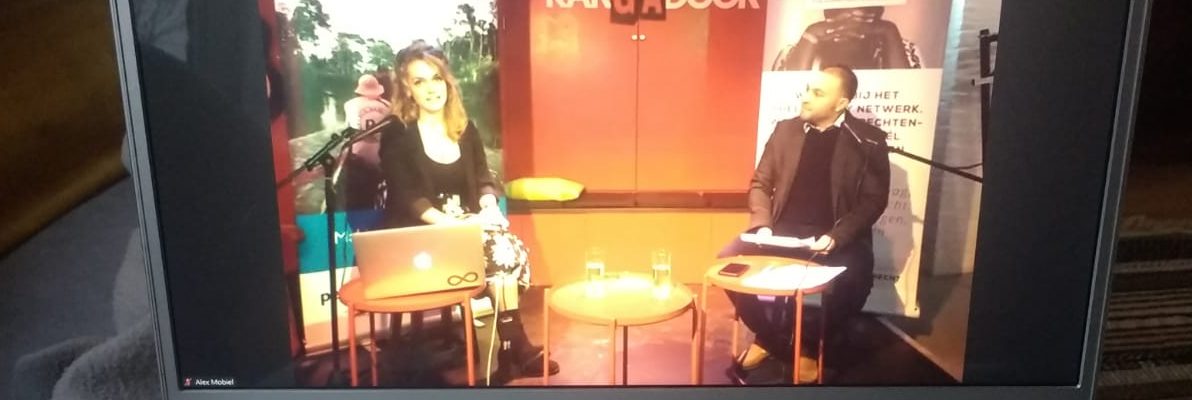Last Monday, we organised our first online documentary film screening and discussion! By organising the screening of the film ‘Women of the Venezuelan Chaos’, we wanted to underline the importance of human rights, something that is maybe even more urgent in these times of crisis. We must unite as a global community and ensure that marginalised groups and the most vulnerable members of society are not disproportionally affected.
About the documentary ‘Women of the Venezuelan Chaos’
Many of Venezuela’s inhabitants have ample reason to leave the country. According to director Margarita Cadenas, Venezuela was once a prosperous and luscious country that is now in a deplorable state. In the documentary, she follows five different women who, each in their own way, deal with appalling living conditions in the country. Mothers cannot buy diapers or baby foods for their children in the supermarket and have very limited access to clean water. Hospitals lack all sorts of medical equipment and medication to treat patients adequately. Meanwhile the government is reluctant to take measures other than putting political opponents behind bars. Drug trafficking, violence and homicide are commonplace due to serious shortcomings in the legal system.
About David Gómez Gamboa
After the documentary, there was live discussion where the viewers could ask all their questions to our Shelter City guest David Gómez Gamboa. Since 2014, David has been the director of the NGO Aula Abierta and coordinator of the Human Rights Commission of the University of Zulia (Venezuela), working on initiatives that promote and defend human rights in the university contexts, especially academic freedom, university autonomy and the right to quality education. David has developed an international background on human rights research and represents Venezuelan and Latin American civil society before the Inter-American Commission on Human Rights System and some Universal Human Rights System bodies. He is currently staying in Utrecht within the Shelter City program, which provides protection to human rights defenders who are at situations of risk because of the work they do.
You can listen to the Q&A here:

